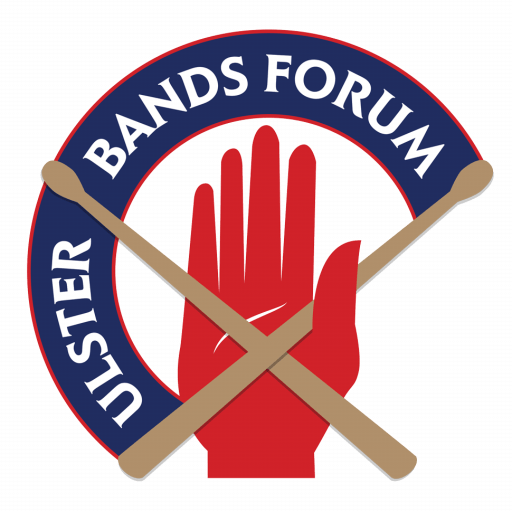Red poppies have been worn as a show of support for the Armed Forces community since the Royal British Legion’s formation in 1921.
The idea originates from a poem, ‘In Flanders Fields’ by Canadian Doctor, Lieutenant Colonel John McCrae when, shortly after losing a friend in Ypres in 1915, he was inspired by the sight of poppies growing in battle-scarred fields to write his now famous poem.
In Flanders Fields
By John McCrae
In Flanders fields the poppies blow
Between the crosses, row on row,
That mark our place; and in the sky
The larks, still bravely singing, fly
Scarce heard amid the guns below.
We are the Dead. Short days ago
We lived, felt dawn, saw sunset glow,
Loved and were loved, and now we lie,
In Flanders fields.
Take up our quarrel with the foe:
To you from failing hands we throw
The torch; be yours to hold it high.
If ye break faith with us who die
We shall not sleep, though poppies grow
In Flanders fields.
His poem inspired American War Secretary, Moira Michael, who wrote a response to McCrae’s poem entitled “We shall Keep the Faith” in 1918
We Shall Keep the Faith By Michelle Michael Oh! you who sleep in Flanders Fields, Sleep sweet – to rise anew! We caught the torch you threw And holding high, we keep the Faith With All who died. We cherish, too, the poppy red That grows on fields where valor led; It seems to signal to the skies That blood of heroes never dies, But lends a lustre to the red Of the flower that blooms above the dead In Flanders Fields. And now the Torch and Poppy Red We wear in honor of our dead. Fear not that ye have died for naught; We’ll teach the lesson that ye wrought In Flanders Fields.
Michael’s also bought poppies to sell to her friends to raise money for Servicemen in need after the First World War.
The RBL adopted this practice in 1921 and ordered a million poppies from Anna Guerin in France and commissioned a further eight million to be manufactured in Britain. These were sold on 11th November that year in the first ever Poppy Appeal.
It represents all those who lost their lives in active service in all conflicts: from the beginning of the First World War right up to present day.
It also honours the contribution of civilian services and the uniformed services which contribute to national peace and security and acknowledges innocent civilians who have lost their lives in conflict and acts of terrorism.

